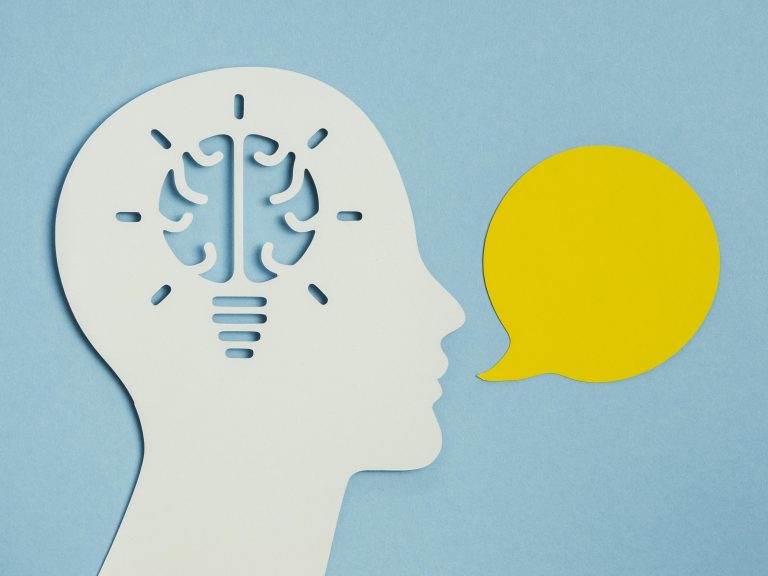Coaching: Unleashing Your Potential
Coaching, as European Couching and Mentorship Council defines (EMCC), is an art: that of helping a person or a group to develop and enhance their professional, relational and personal potential in the realization of their projects and to take their rightful place in the relationship they have with themselves, others and their environment. It is a goal-oriented and future-focused practice that primarily focuses on personal and professional development. Here are some key features of coaching:
- Goal Setting: Coaches work with clients to identify specific goals and objectives they want to achieve. These goals can pertain to various aspects of life, such as career, relationships, or personal growth.
- Action-Oriented: Coaches help clients create action plans and strategies to reach their goals. They provide support, encouragement, and accountability to ensure progress.
- Strengths-Based: Coaching often emphasizes identifying and leveraging a client’s strengths and talents to overcome challenges and achieve success.
- Short-Term and Solution-Focused: Coaching typically involves short-term engagements, with a focus on finding practical solutions and implementing them in the client’s life.
- No Diagnosis or Treatment of Mental Health Disorders: Coaches do not diagnose or treat mental health disorders. If a client’s issues are primarily psychological or emotional, they may refer them to a psychotherapist.
Psychotherapy: Exploring Mental and Emotional Well-Being
Psychotherapy, also known as talk therapy or counseling, is a therapeutic approach that addresses mental and emotional health concerns. Here are some distinguishing features of psychotherapy:
- Mental Health Focus: Psychotherapists work with clients to understand and manage a wide range of emotional and psychological issues, including anxiety, depression, trauma, and more.
- In-Depth Exploration: Therapy sessions often involve exploring past experiences, emotions, and thoughts to gain insight into underlying issues.
- Diagnosis and Treatment: Psychotherapists are trained to diagnose and treat mental health disorders using evidence-based approaches such as cognitive-behavioral therapy (CBT), psychodynamic therapy, and many more.
- Longer-Term Engagement: Psychotherapy can be a longer-term process, with sessions scheduled regularly over an extended period to facilitate deep and lasting change.
- Client-Centered: Therapists provide a safe and non-judgmental space for clients to express themselves and work through their challenges.
Rapid Transformational Therapy (RTT): Unearthing Subconscious Blocks
RTT is a therapeutic technique developed by Marisa Peer that combines elements of hypnotherapy, psychotherapy, and neuro-linguistic programming (NLP) to address and resolve deep-seated issues. Key aspects of RTT include:
- Hypnotherapy Component: RTT uses hypnosis to access the client’s subconscious mind and identify and transform limiting beliefs and thought patterns.
- Rapid Results: RTT is known for delivering relatively quick results, often within one to three sessions, by targeting the root causes of issues.
- Personalized Scripts: RTT practitioners create customized hypnotherapy scripts based on the client’s specific needs and concerns.
- Transformational Healing: RTT aims to uncover and heal emotional wounds and traumas that may be holding clients back from their full potential.
- Self-Improvement and Personal Growth: While RTT can address deep emotional issues, it also promotes personal growth and self-improvement.
Choosing the Right Approach
The choice between coaching, psychotherapy, and RTT depends on your specific needs, goals, and the nature of the challenges you’re facing. If you seek guidance in achieving personal or professional goals, coaching may be the ideal choice. For mental health concerns and deeper emotional issues, psychotherapy offers comprehensive support and treatment. RTT is a powerful option if you’re looking for rapid transformation and addressing subconscious blocks.
Ultimately, the right approach will depend on your individual circumstances, and it’s essential to consult with qualified professionals in each field to make an informed decision about the best path forward for your personal development and well-being. If you are interested in finding out more, are ready to make a change or you are not sure where to start, let’s talk.


